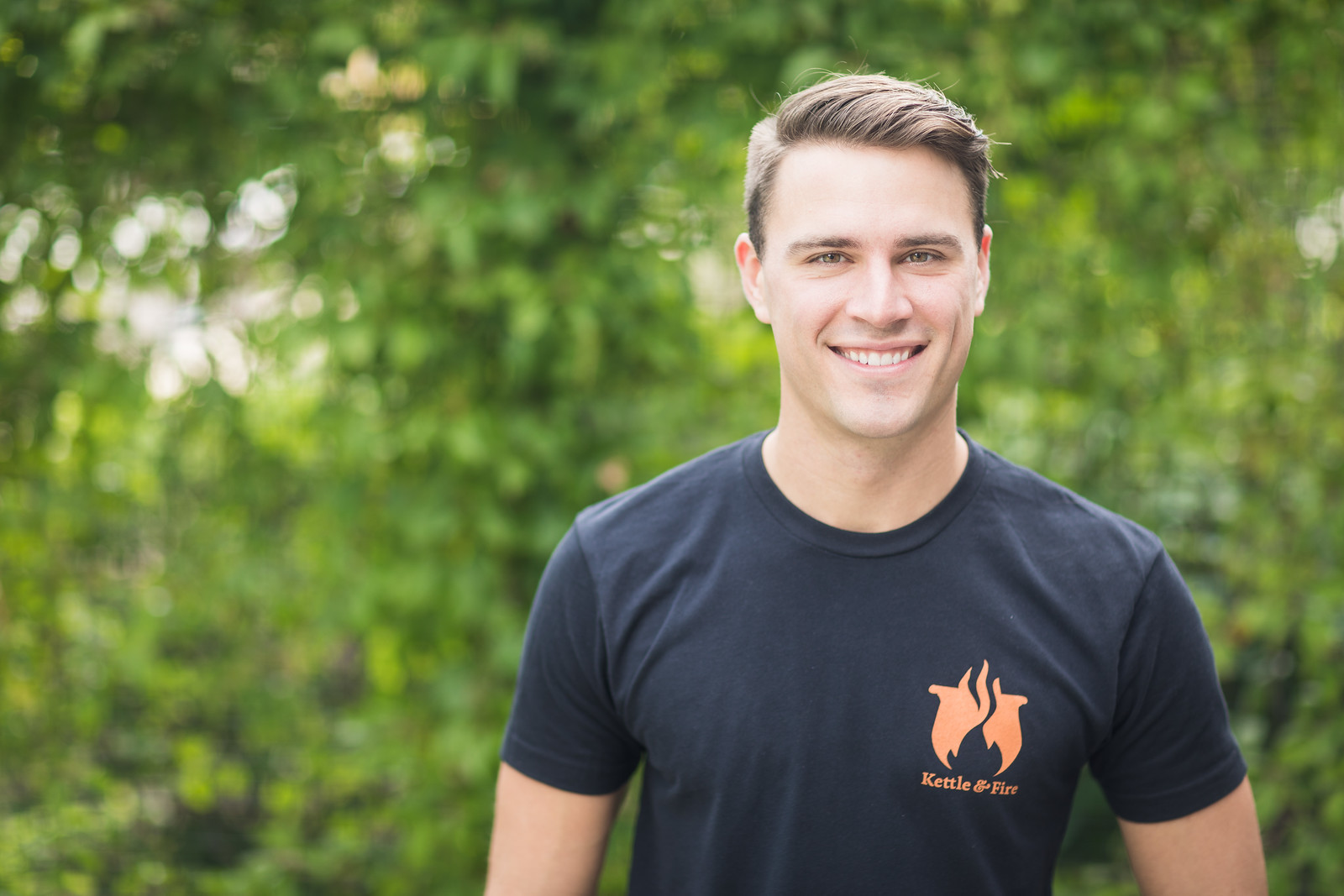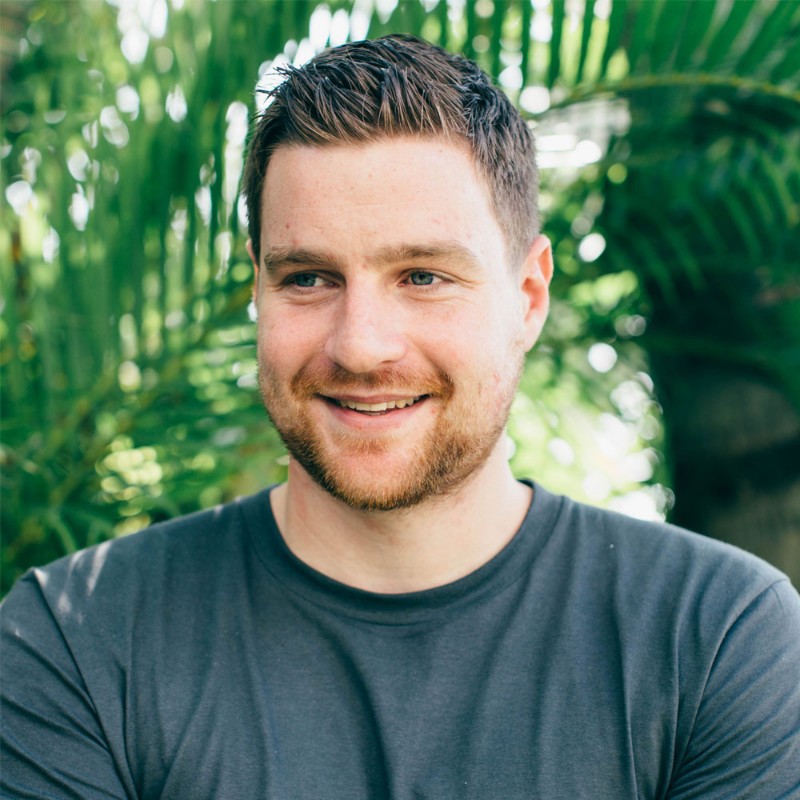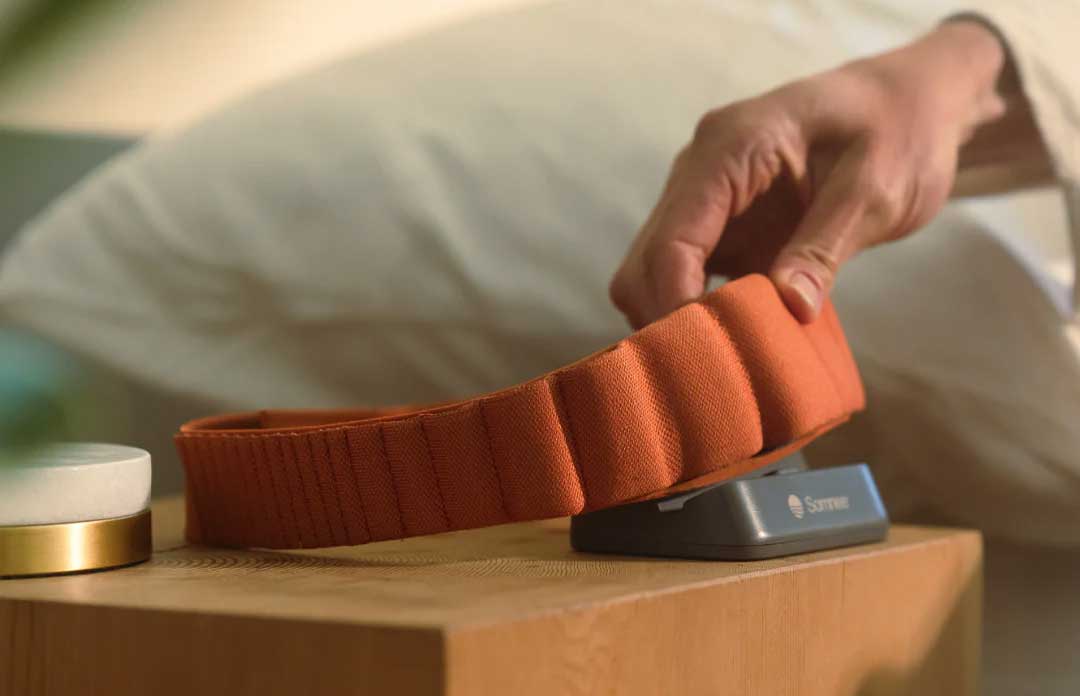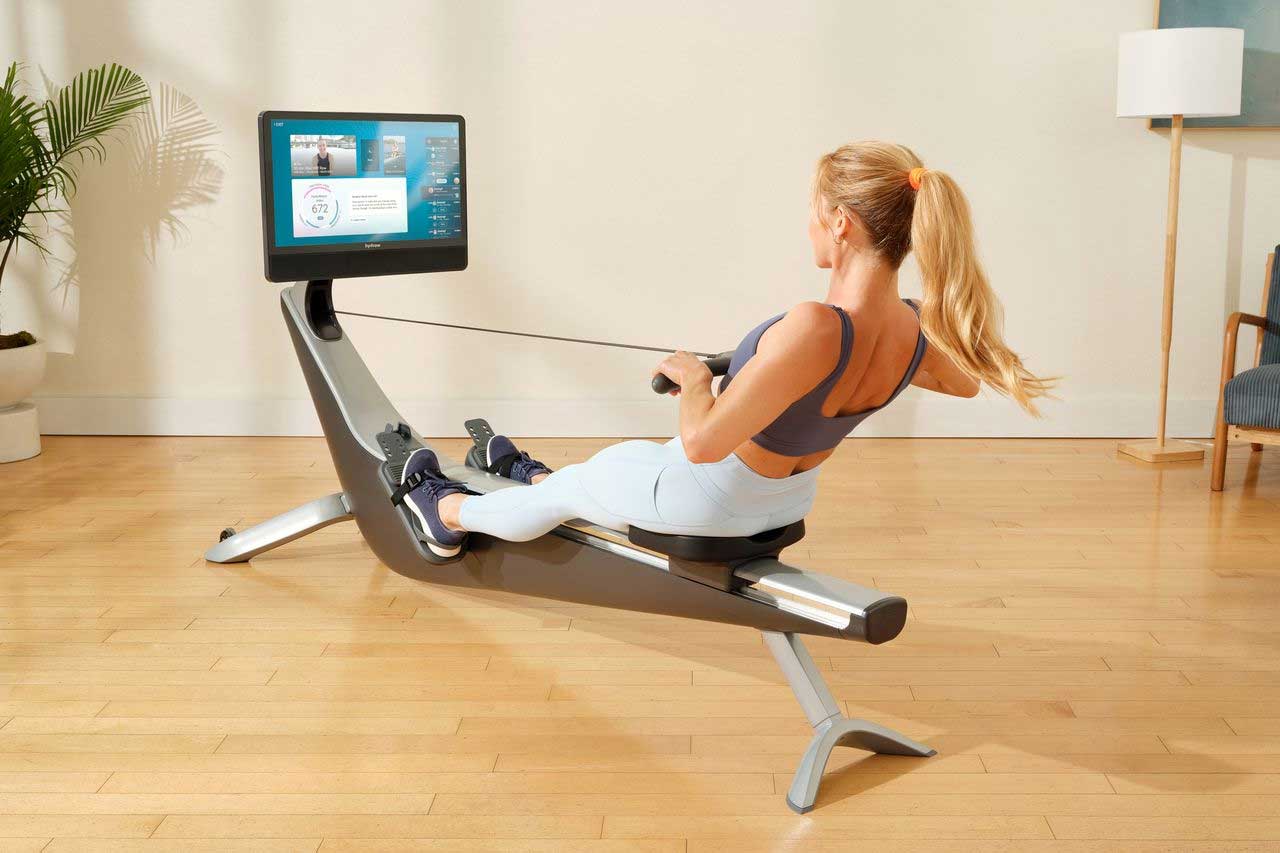Truemed’s Justin Mares on why prevention is the best medicine
With chronic diseases on the rise, taking a proactive approach to health has never been more important.
Wellworthy spoke with Justin Mares, co-founder and CEO of Truemed, to explore why we should prioritize prevention and how small lifestyle changes deliver huge health benefits.

Justin Mares, co-founder and CEO of Truemed.
Sickcare
The statistics are alarming, “Half of Americans have at least one chronic disease.Rates of chronic illnesses have also grown by 700% since 1935,” says Mares, adding, “The US healthcare system is built to manage conditions after they develop instead of preventing them in the first place.”
The system is in desperate need of an overhaul. But, we can’t afford to wait — our health is hanging in the balance. That’s why Mares advocates for action, encouraging individuals to be proactive about their well-being.
Embracing proactive wellness
Proactive healthcare is changing how we approach wellness. Mares is optimistic about this shift: “It’s catching on like wildfire, and showing people just how much control they have over their health.”
Mares points to “vast research” that shows the impact proactive health interventions can have, sharing a couple of examples:
- Just 150 minutes of exercise weekly can be as effective as SSRIs in alleviating depression.
- Regular sauna use (4 to 7 visits per week) is associated with a 40% reduction in all-cause mortality risk.
Start as early as possible
While it’s never too late to adopt healthier habits, starting early can have significant long-term benefits. “The sooner you start, the easier it becomes to stick with healthy habits,” explains Mares.
Mares’ own story backs this up. “When I was going through a rough patch in college, I devoted myself to lifting, meditation, a diet containing more whole foods, and community-oriented activities.”
He adds, “Starting with even just one healthier decision today could change the trajectory of your healthspan and life. Big or small. The impacts are profound.”
Taking the first steps
“Proactive health doesn’t have to be complicated, all-consuming, or expensive,” Mares reassures. But, he acknowledges the challenge many face: “With so much information and differing advice being pushed on you at once, it can be difficult to parse out what’s real and what will truly move the needle.”
For those looking to take a more proactive approach to their health, Mares offers some practical suggestions:
- Recognize your power: “We have more control over our health trajectory than we think. A healthy lifestyle may offset the impact of genetics by more than 60% and add another five years to your life.”
- Focus on whole foods: “As much as possible, eat real, whole, nutrient-dense foods. Cut out ultra-processed foods wherever possible.”
- Prioritize sleep: “The impact of sleep on our health, both good and bad, is significant, so you must prioritize it. Practice good sleep hygiene – whether going to bed at the same time nightly or reducing screen time before.”
- Foster relationships: “Humans are social creatures, and we need connection to live and live well.” Research shows stronger relationships can improve physical health, mental well-being, and disease outcomes.
“Don’t wait for something to go wrong before starting to invest in your health, as things are much easier to manage before they’ve developed out of control,” Mares concludes.

 Published on Oct 24, 2024 by
Published on Oct 24, 2024 by 





